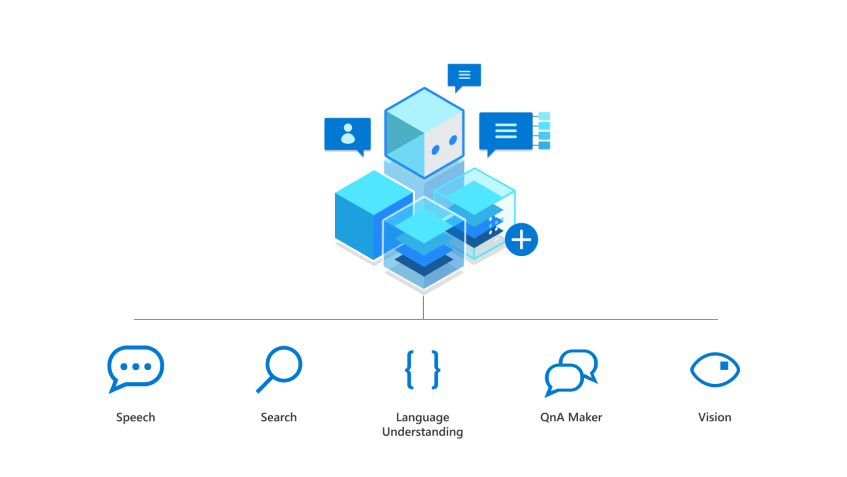For most business owners, there is a clear line between their personal bank accounts and their business account. Debt incurred by a company shouldn’t affect the director’s lives outside of work. However, there can be a fine line between personal and business finance, depending on what type of business you own.
There are some instances where a company’s legal protection won’t protect you from creditors coming after your finances.
It all comes down to what kind of business you have
If you are self-employed or work as a sole trader, you do not have the protection of limited liability and could be held personally liable for business debts.
A limited company, on the other hand, has the protection of limited liability, which means that company debt is classed as a separate entity to personal debt. So if the business is struggling, it shouldn’t affect you as an individual, unless you have taken out commercial finance loans which include personal guarantees.
If you work as part of a partnership, the liabilities are split between the partners. However, creditors will sometimes just go after one partner if they believe that they have more funds available to repay any debt.
What exactly is a personal guarantee?
In order to protect themselves, banks these days will often ask business owners to sign a personal guarantee on any loans they take out. For business owners, this is usually placed on an asset such as a house.
Effectively signing a personal guarantee can bypass a certain amount of the limited liability protection based on a limited company. However, if you have signed a personal guarantee, you will only be liable for the worth of the guarantee you have signed for.
Do you owe your business money?
Some business owners end up taking money out of the business as a director’s loan account. While directors can borrow money from their own company, as well as take out reasonable dividends, if the company encounters financial problems, whilst that money is still owed, the director will become a debtor to the company. If the company went into full liquidation, the director would owe whatever money is overdrawn back to the creditors.
Your credit rating takes a hit
Personal and company credit ratings, just like finances are different legal entities. However, if an overdrawn directors loan account, cannot be repaid and has the directors have potentially taken too much out, as well as being held personally liable, they could face a ban as a director.
Not only will this negatively impact their credit rating, if a director was banned, it would mean they can no longer run a limited company for up to five years.
For those working as self-employed, if your business finds itself on hard times, your personal credit rating will likewise take a negative hit. This is because there is no separation between, the individual and their business.
Summary
Your business debt can have an effect on your personal life, but it depends on several different factors. The type of business concerned, whether it’s a limited company with limited liability or if you work as a sole trader, will have the biggest impact on how your personal and business finances mingle.
Be sure to check whether any finance agreements that you’ve taken out with the business have personal guarantees attached to them, as this will make you personally liable for the debts in question. Although you can take money out of the limited company, if the company becomes insolvent, you’ll be expected to pay it to avoid being a debtor any longer than necessary.
If the business debt does impact your credit rating, you’ll find it harder to get credit in your life outside work, and your renewal prices could go up. If you find your company is struggling with debts it cannot pay, there are finance options available that help you repay your creditors.






